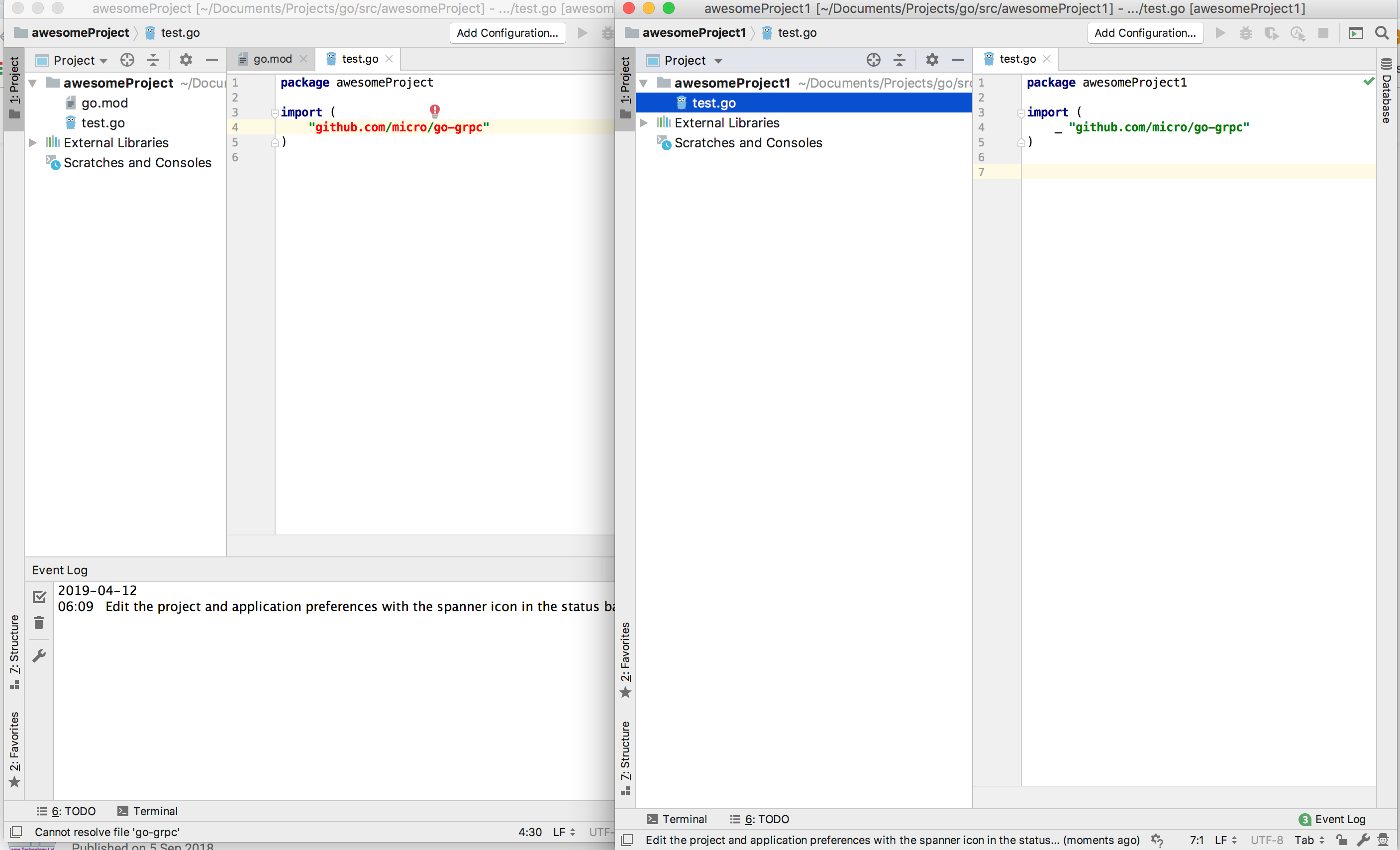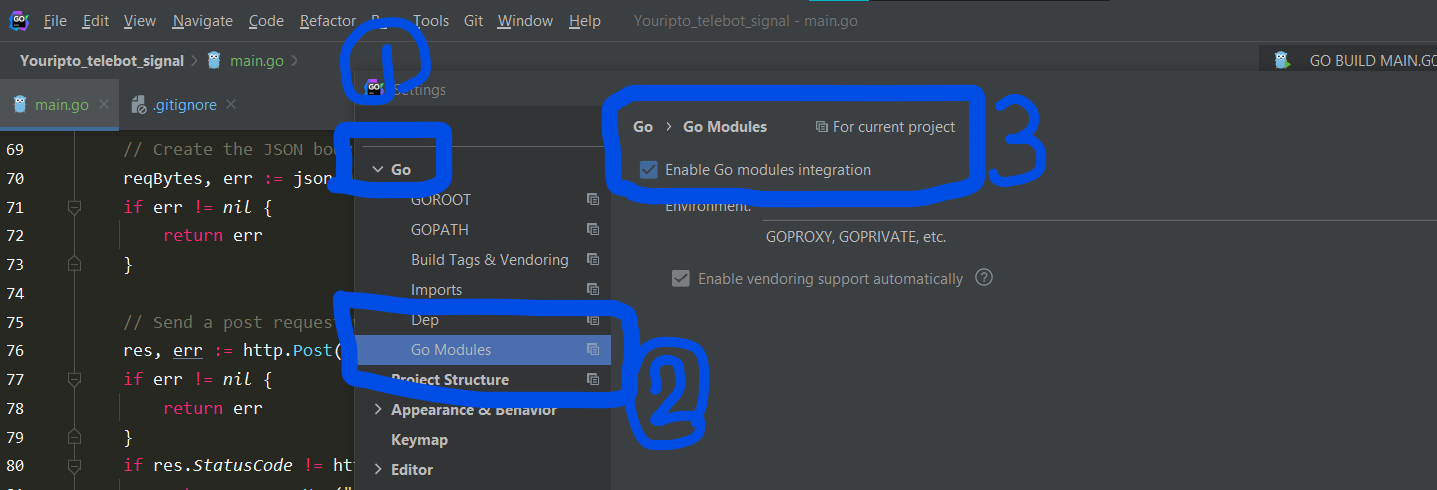The two supported modes ("GOPATH mode" and "module-aware mode") are mutually exclusive modes. This means you can't have both, you can't mix modules and GOPATH.
Quoting from Command go: GOPATH and Modules:
When using modules, GOPATH is no longer used for resolving imports. However, it is still used to store downloaded source code (in GOPATH/pkg/mod) and compiled commands (in GOPATH/bin).
And also Command go: Preliminary module support:
For more fine-grained control, the module support in Go 1.11 respects a temporary environment variable, GO111MODULE, which can be set to one of three string values: off, on, or auto (the default). If GO111MODULE=off, then the go command never uses the new module support. Instead it looks in vendor directories and GOPATH to find dependencies; we now refer to this as "GOPATH mode." If GO111MODULE=on, then the go command requires the use of modules, never consulting GOPATH. We refer to this as the command being module-aware or running in "module-aware mode". If GO111MODULE=auto or is unset, then the go command enables or disables module support based on the current directory. Module support is enabled only when the current directory is outside GOPATH/src and itself contains a go.mod file or is below a directory containing a go.mod file.
In module-aware mode, GOPATH no longer defines the meaning of imports during a build, but it still stores downloaded dependencies (in GOPATH/pkg/mod) and installed commands (in GOPATH/bin, unless GOBIN is set).
If you wish to use packages located on your disk, see How to use a module that is outside of "GOPATH" in another module?


